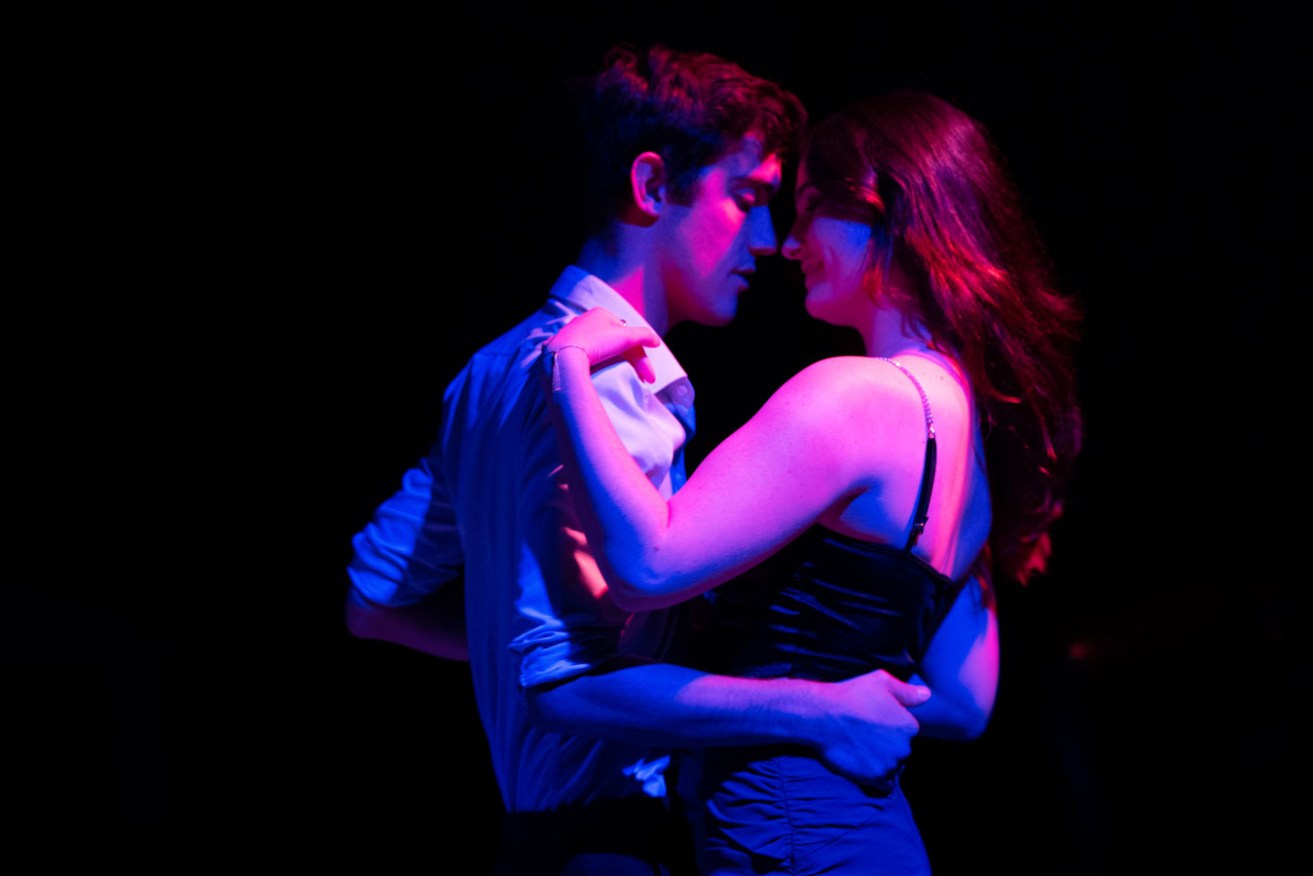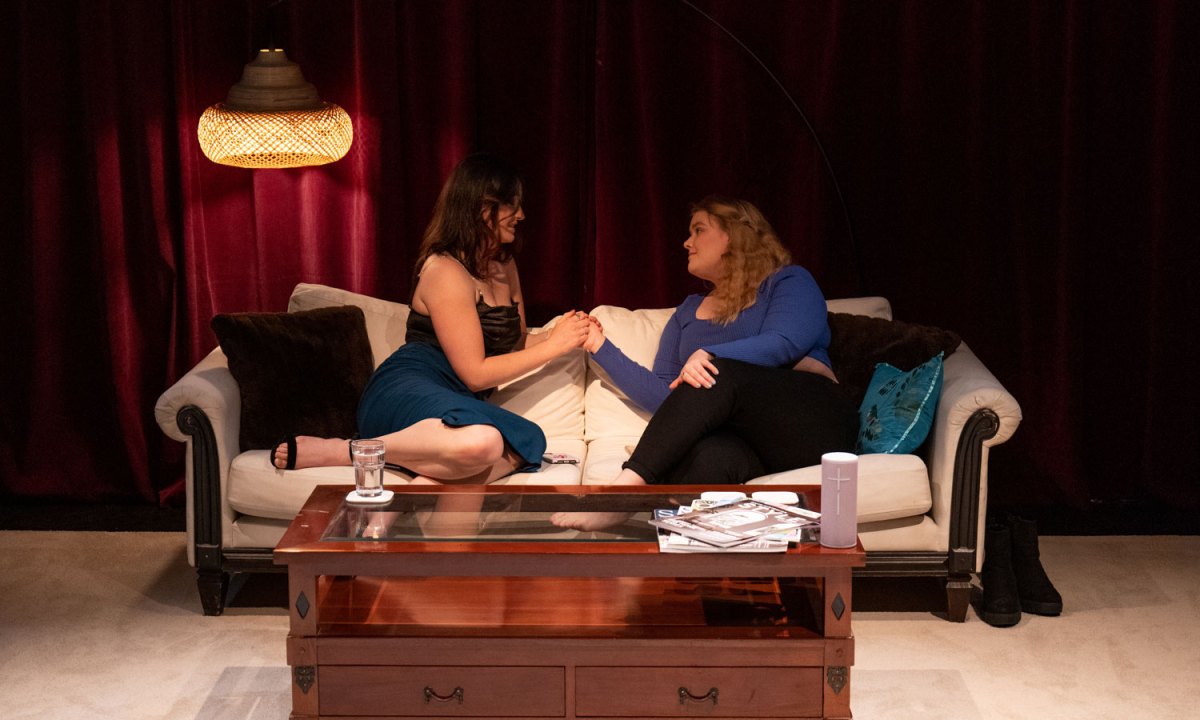Theatre review: Miss Julie (After Strindberg)
Adelaide theatre company Famous Last Words skilfully demonstrates how a 19th-century play with themes of class, inequality and desire can make its way into modern Australian life.


Christian Bartlett and Kate Owen in Famous Last Words' production 'Miss Julie (After Strindberg)'. Photo: Philippos Ziakas
August Strindberg wrote Miss Julie in 1888. Society has changed a great deal since then, but enough relevance prevails in the text to carry an adaptation, Miss Julie (After Strindberg), into the 21st century. It makes you wonder: How much have we really evolved?
Julie (Kate Owen) is the daughter of a wealthy businessman and lives in a mansion with her father. Her closest friend – and, as the app CoStar helps establish, her “Scorpio sister” – is Kristine (Emelia Williams), the family’s cleaner. When Kristine’s partner Jean (Christian Bartlett), also an employee, spends the night in the mansion, seduction, betrayal and myriad power dynamics play out.
The 80-minute production, adapted by director James Watson (Home Thoughts, Triumph of Man) and with contributions from the cast, is set in contemporary Adelaide. Subtle details – references to new bars on Peel Street and nights at “Dogs” (Dog and Duck), copies of SALIFE magazine fanned across the coffee table – are familiar and amusing associations for the audience.
Watson’s direction is thoughtful and striking. The staging works to build tension between the characters and physicalise the power-plays unfolding in the plot.
The chemistry between the cast is captivating. Owen’s Julie is hard to look away from, and the tension between her and Bartlett is undeniable. Williams portrays Kristine with authenticity, and is a point of relatability for the audience, bringing the excess of the other characters back down to Earth.

Kate Owen and Emelia Williams in Miss Julie (After Strindberg). Photo: Philippos Ziakas
Miss Julie (After Strindberg) isn’t presented in a conventional theatre setting; instead, the audience and performers are all on stage. The performers are in the middle, with rows of audience members either side, looking in. This creates an intimate, voyeuristic experience that allows viewers to feel like they are flies on the walls of this mansion.
The design, by Ruby Jenkins, is subtle, yet dramatic. A white carpet cushions the entire performance space and, paired with a white couch, creates an air of luxury. The couch and coffee table are at one end, where the performers spend most of their time.
At the other end is a Chesterfield armchair, faced towards them, that belongs to Julie’s father. The armchair is a reminder of the play’s fourth character. While he never appears on stage, it’s as if he’s watching from the armchair, and his presence is felt as each character in some way depends on him. Next to this chair sits a cage, and as the characters interact with these items, it feeds and reinforces the power struggles that play out.
Miss Julie (After Strindberg) is a compelling production about privilege, insatiability and ambition – or, more specifically, who has the power and means to dream. Situating it in Adelaide highlights the class divisions that still exist here in Australia – divisions we may like to believe no longer exist or from which we think we are exempt.
Miss Julie (After Strindberg) is at the Goodwood Theatre and Studios until April 29.




